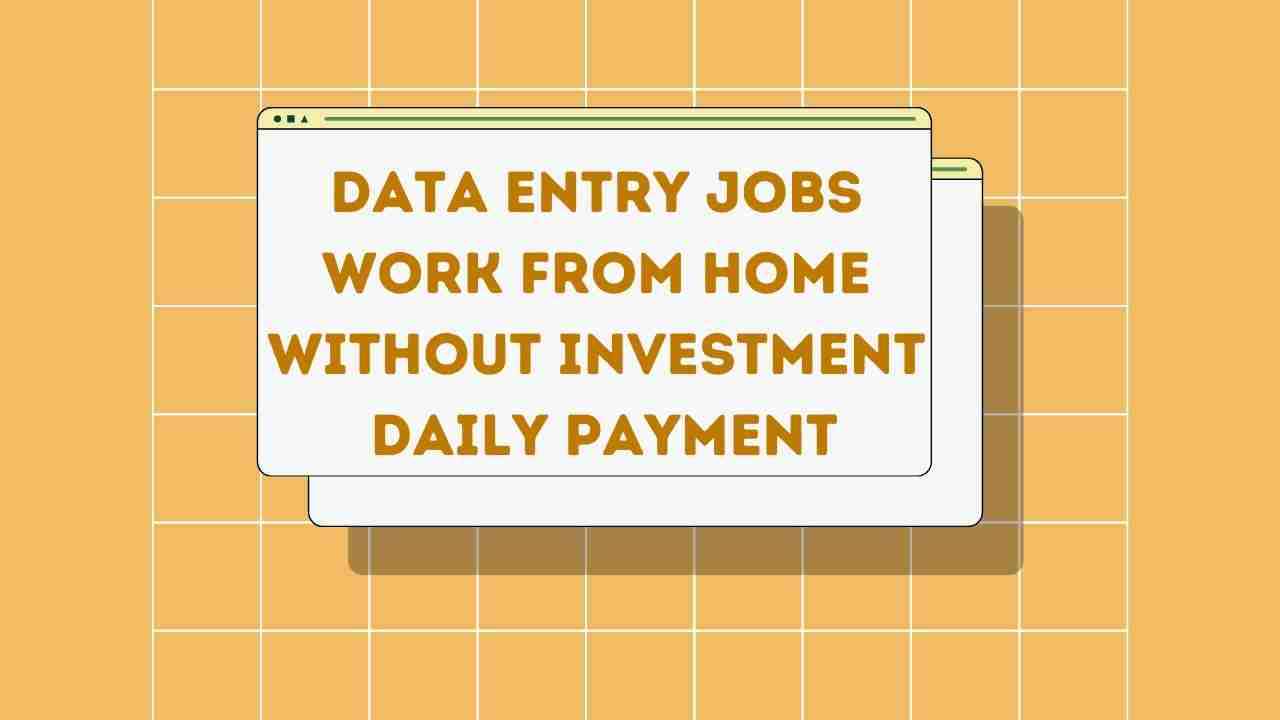In today’s dynamic world, where remote work is becoming the new norm, the role of virtual assistants (VAs) has gained immense significance. Virtual assistants provide administrative, creative, and technical support to businesses and entrepreneurs from the comfort of their own homes. This guide is tailored for individuals aspiring to embark on a rewarding career as a virtual assistant, with the potential to earn good income per day. By following these steps and harnessing the power of your skills, dedication, and technology, you can carve out a successful path as a high-earning virtual assistant.
Step 1: Skill Assessment and Specialization
The journey to becoming a successful virtual assistant starts with identifying your strengths, skills, and passions. Reflect on what tasks you excel at, whether it’s administrative support, social media management, graphic design, content creation, or customer service. Specializing in a particular niche enhances your value proposition, enabling you to stand out in a competitive market.
Step 2: Acquire Essential Tools and Resources
To excel as a virtual assistant, you’ll need the right tools and resources. These may include a reliable computer, high-speed internet connection, communication tools like Skype or Zoom, productivity software like Microsoft Office or Google Workspace, and perhaps specialized software related to your chosen niche.
Step 3: Training and Skill Enhancement
Continuous learning is crucial to stay updated with the latest trends and techniques in your field. There are numerous online platforms such as Udemy, Coursera, and LinkedIn Learning that offer courses on a wide range of topics relevant to virtual assistants. Invest time in enhancing your skills and acquiring new ones to provide exceptional value to your clients.
Step 4: Creating an Impressive Portfolio
Your portfolio serves as a showcase of your skills and accomplishments. Assemble samples of your work that demonstrate your expertise in various tasks. If you’re just starting, consider taking on pro bono projects or personal projects to build a portfolio. As you gain paid assignments, continuously update your portfolio to reflect your growing skill set and achievements.
Step 5: Setting Your Rates
Determining your rates can be challenging, but it’s essential to ensure you’re compensated fairly for your expertise and time. Research prevailing rates in the industry and factor in your experience, skills, and the value you provide. As you gain experience and recognition, you can gradually increase your rates.
Step 6: Building an Online Presence
Creating a strong online presence is crucial for attracting potential clients. Develop a professional website that highlights your services, portfolio, client testimonials, and contact information. Leverage social media platforms to showcase your expertise, share industry insights, and engage with your target audience.
Step 7: Networking and Marketing
Networking is instrumental in expanding your client base. Join online communities, forums, and social media groups related to virtual assistance, freelancing, and your chosen niche. Collaborate with fellow professionals, offer advice, and establish yourself as a knowledgeable resource. Utilize content marketing by writing blog posts, creating videos, or hosting webinars to showcase your expertise.
Step 8: Finding Clients
Securing clients is the ultimate goal. Start by tapping into your existing network and informing friends, family, and acquaintances about your services. Use freelancing platforms like Upwork, Freelancer, and Fiverr to find potential clients. Additionally, consider reaching out to small businesses, entrepreneurs, and startups directly via email or social media.
Step 9: Providing Exceptional Service
Consistently delivering high-quality work and excellent customer service is paramount to your success. Communicate effectively with your clients, meet deadlines, and exceed expectations whenever possible. Satisfied clients are more likely to refer you to others and provide positive testimonials.
Step 10: Scaling Your Business
As you gain experience and clients, you can consider scaling your virtual assistant business. This might involve hiring subcontractors or assistants to help with larger projects, expanding your service offerings, or even transitioning to a full-fledged agency.
FAQs (Frequently Asked Questions)
1. Can I really earn per day as a virtual assistant?
Absolutely! While earning per day might require experience and expertise, it’s entirely possible with the right skills, dedication, and effective client management. Starting with competitive rates and gradually increasing them as you gain experience will help you achieve this goal.
2. What skills do I need to become a successful virtual assistant?
The skills you need depend on your chosen niche, but some essential skills include excellent communication, time management, organizational abilities, proficiency in relevant software, and a strong attention to detail. Additional skills like graphic design, social media management, content creation, and customer service can significantly enhance your earning potential.
3. How can I find clients as a virtual assistant?
Finding clients involves a mix of strategies. Begin by leveraging your existing network, utilizing online freelancing platforms, and establishing a professional online presence. Engage in networking, content marketing, and direct outreach to potential clients through email or social media to increase your chances of securing projects.
4. Do I need to have prior experience to become a virtual assistant?
While prior experience is beneficial, it’s not always a strict requirement. As a beginner, you can start by offering your services at competitive rates and gradually build your portfolio through personal projects or pro bono work. As you gain experience and receive positive testimonials, you’ll be better positioned to attract higher-paying clients.
5. How do I set my rates as a virtual assistant?
Setting rates involves considering factors like your skill level, the complexity of the tasks you’ll be handling, prevailing market rates, and the value you provide to clients. Research rates on freelancing platforms and within your niche, and don’t hesitate to adjust your rates as your experience and demand grow.
6. Can I work as a virtual assistant while having a full-time job?
Yes, many virtual assistants start their careers while holding full-time jobs. As a freelancer, you have the flexibility to manage your schedule and take on projects that suit your availability. However, ensure that you can commit to delivering quality work and meeting deadlines despite your other commitments.
7. How do I handle multiple clients and tasks simultaneously?
Effective time management and organization are key when managing multiple clients and tasks. Utilize productivity tools, create a detailed schedule, and prioritize tasks based on deadlines and importance. Communication is also crucial; inform your clients about your availability and set realistic expectations regarding project timelines.
8. How can I stand out in a competitive virtual assistant market?
Specializing in a niche, continuously improving your skills, and delivering exceptional results are essential for standing out. Develop a unique selling proposition (USP) that highlights what sets you apart from others. Additionally, excellent communication, professionalism, and a strong online presence can make you a preferred choice among clients.
9. What challenges can I expect as a virtual assistant?
Common challenges include managing your time effectively, dealing with variable workloads, and ensuring consistent income. Client communication and expectation management can also be demanding. Overcoming these challenges requires adaptability, resilience, and a commitment to continuous improvement.
10. How can I transition from a solo virtual assistant to an agency owner?
Transitioning to an agency involves scaling your business by hiring assistants or subcontractors. Start by outsourcing smaller tasks and gradually expanding your team as your client base grows. Develop a clear workflow, effective communication channels, and reliable systems to ensure the smooth operation of your agency.
Remember, building a successful career as a virtual assistant takes dedication, continuous learning, and a customer-centric approach. By addressing these FAQs and implementing the strategies outlined in the guide, you’ll be well on your way to achieving your goal of earning per day as a skilled and sought-after virtual assistant.













